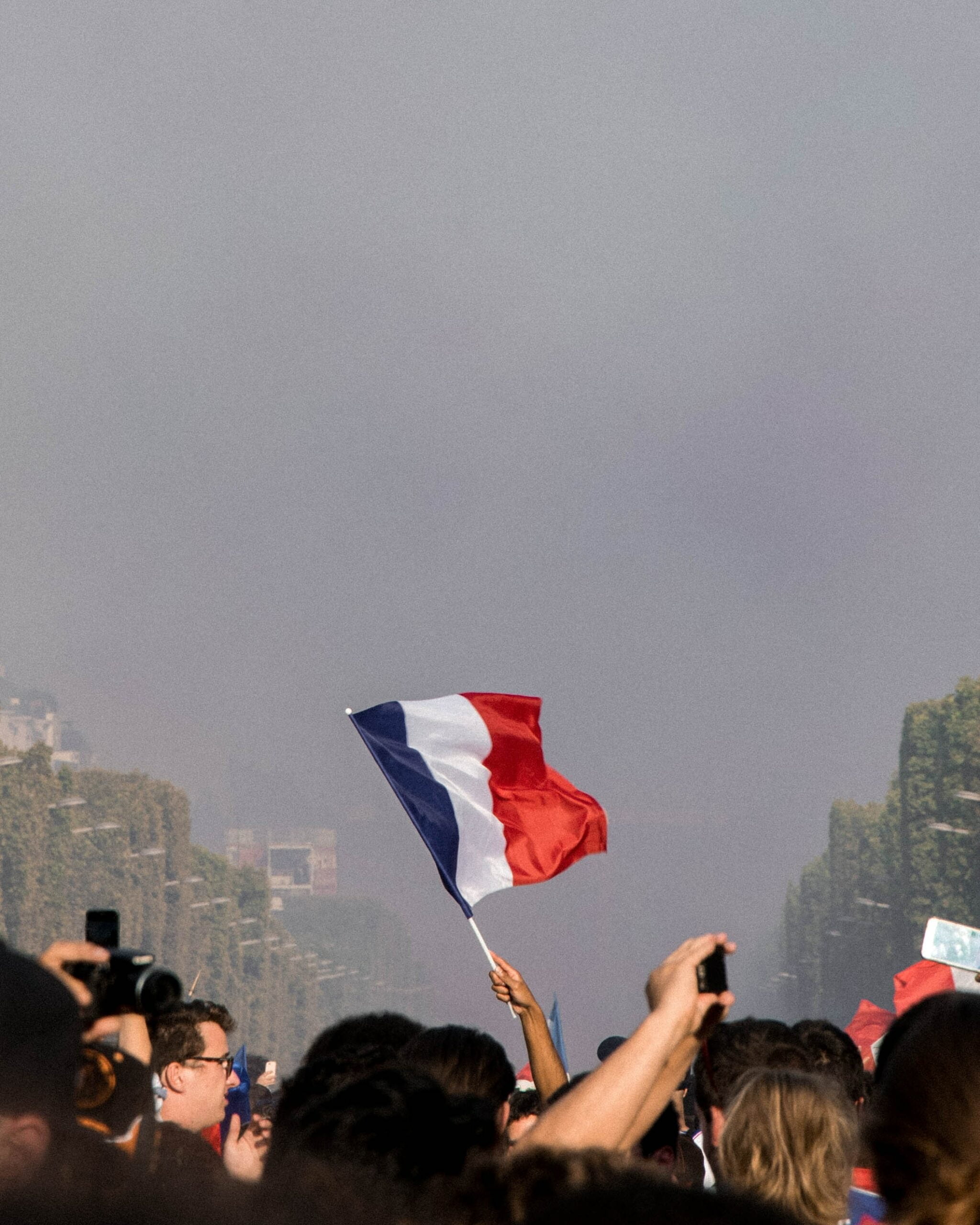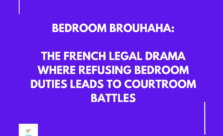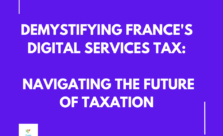France has a long history of protests and demonstrations, from the French Revolution to the Yellow Vest movement in recent years.
But how do these acts of public outcry fit within the country’s legal system?
Despite the perception of the French as rebellious, they actually have a strong respect for the law and a deeply ingrained sense of civic duty.
In this piece, we’ll explore the paradox of French law and how it intersects with the people’s voice, taking a closer look at the legal framework for protests and demonstrations, the role of police and the judiciary, and the cultural values that shape the French approach to civic engagement.
Alright, let’s get into this:
- The Right to Protest: In France, protesting is considered a fundamental right, and citizens are allowed to organize and participate in demonstrations. However, this right is not absolute, and there are legal limitations to how and where protests can take place. For example, in 2019, the Yellow Vest protests sparked controversy when they turned violent and caused significant property damage. The French government responded by introducing new laws that would limit protesters’ ability to demonstrate in certain areas, such as near government buildings and tourist attractions.
- The Role of Police: The French police play a crucial role in maintaining order and ensuring public safety during protests. However, their methods have come under scrutiny in recent years, with accusations of excessive use of force and violence against protesters. In 2016, during protests against proposed labor reforms, several protesters were injured by police using tear gas and water cannons. The incident sparked a public debate about the use of force by law enforcement officials.
- Balancing Free Speech and Hate Speech: Picture this: you’re in Paris, standing in the middle of a lively demonstration with protesters chanting their grievances. Suddenly, a group of individuals starts making anti-Semitic remarks, sparking outrage among the crowd. The thing is that’s not an imaginary incident. It happened in recent years and resulted in arrests and a heated debate about the fine line between freedom of speech and hate speech in France. This ambiguity is a complex issue in French law, as it protects the former but criminalizes the latter. The Paris incident that, in fact, happened during a Yellow Vest demonstration in 2019 is just one example of how this topic remains contentious during protests in France.
- The Role of Unions: The labor unions in France are a powerful force in organizing and advocating for workers’ rights, and they do so within the framework of the country’s legal system. However, their tactics are often a subject of debate and scrutiny, with some accusing them of disrupting public services and causing economic damage. In 2018, a nationwide rail strike organized by unions led to significant disruptions and delays for French commuters. Despite public frustration and calls for reform of the French labor system, the strike was legally protected under French law. The legal framework provides labor unions with the right to strike as a means of collective bargaining and negotiation with employers, making it difficult to limit their power or prevent them from taking action when they deem it necessary to protect the interests of workers.
- Government Response and Accountability: It’s important to highlight the delicate balance between citizens’ right to peaceful protest and the government’s obligation to maintain public order and safety during demonstrations. The French legal system guarantees the citizens’ right to peaceful protest, but as mentioned above, it also imposes legal responsibilities on the government to ensure the safety of protesters and the general public. However, the government’s response to protests has been subject to criticism and accusations of inaction and lack of accountability. For example, during the Black Lives Matter protests in 2020, the French government faced widespread criticism for its handling of the demonstrations and its response to police brutality against protesters. The lack of effective action by the government resulted in increased frustration among the public and a loss of trust in the legal system. Thus, it’s crucial to understand the dynamics of the French legal system and how it affects people’s voices during protests. It’s essential to recognize the legal framework that governs the government’s actions during demonstrations and how it impacts the people’s ability to express their grievances through protests. Therefore, the government’s response and accountability are crucial aspects to consider when analyzing the relationship between the legal system, government, and protests in France.
If you’re an expat living in France, it’s crucial to understand the dynamics of the French legal system and its intersection with protests and demonstrations. Learning about the legal framework for protests, the role of police and the judiciary, and the cultural values that shape the French approach to civic engagement can help you better understand your host country. It’s also important to recognize the delicate balance between citizens’ right to peaceful protest and the government’s obligation to maintain public order and safety. By understanding the legal system and its impact on protests, you will gain a deeper appreciation for the cultural values and customs of your new home. So, whether you plan on participating in protests or simply observing them, understanding the legal dynamics is essential.



